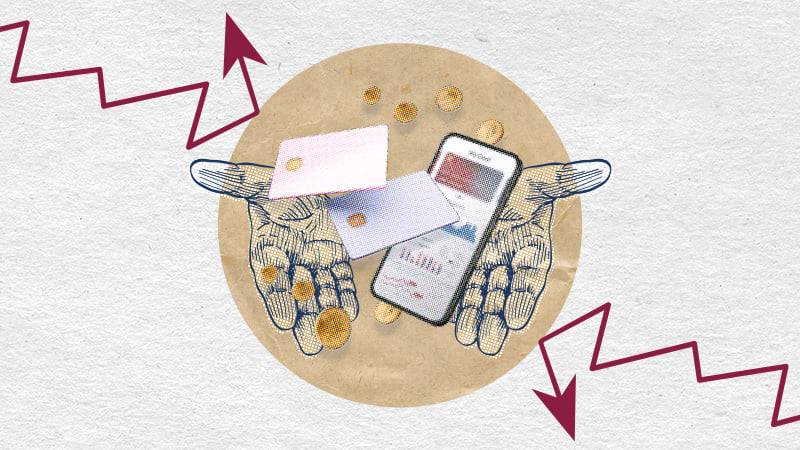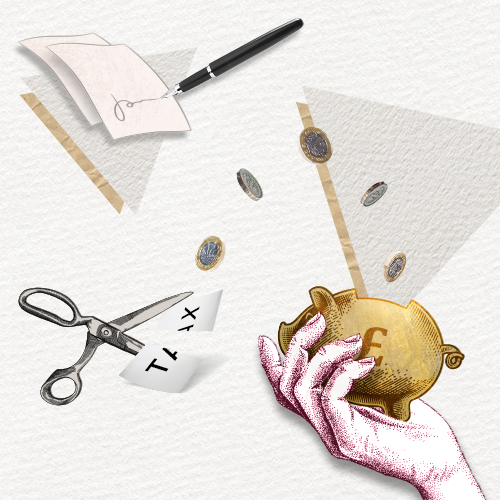Selling a business is a major moment in the life of any entrepreneur. But it’s a moment that requires significant preparation for both your personal and business finances.
Whether you’re looking to stay in control of your company, take a step back from day-to-day management, or to sell the business entirely, there are many potential pitfalls to consider.
For many entrepreneurs, the cash lump sum they receive after selling a business is their nest egg. It's therefore important to have a plan in place that will allow you to live comfortably now while also preserving and growing your wealth for the future.
Rothschild & Co has been helping entrepreneurs manage their wealth for more than 200 years. If you would like to discuss how to manage your cash safely post-exit, or learn more about how we can support you before, during and after a business sale, please get in touch.
We also work closely with our colleagues in our Global Advisory and Arrowpoint Advisory teams to provide advisory and execution services to businesses, private equity, families and entrepreneurs.
Below are a series of articles offering insight into the sale process for pre-exit entrepreneurs.










